Table Of Content
- Understanding Group Dynamics when Camping
- Establishing Roles and Responsibilities within the Group
- Effective Communication Strategies for Group Safety
- Respecting Individual Needs and Preferences
- Handling Conflicts and Challenges in a Group Setting
- Establishing Roles and Responsibilities within the Group
- Clarity in Roles
- Open Communication Channels
- Support and Collaboration
- Flexibility and Adaptability
- Effective Communication Strategies for Group Safety
- Understanding Group Dynamics when Camping
- Establishing Roles and Responsibilities within the Group
- Respecting Individual Needs and Preferences
- Respecting Individual Needs and Preferences
- Embracing Diversity
- Empathy and Understanding
- Open Communication
- Handling Conflicts and Challenges in a Group Setting
- Open Communication Channels
- Practice Active Listening
- Seek Compromise and Collaboration
- Take Time for Self-Reflection
- Embrace Flexibility and Adaptability
- Creating a Safe and Inclusive Camping Environment
- Understanding Group Dynamics when Camping
- Establishing Roles and Responsibilities within the Group
- Effective Communication Strategies for Group Safety
- Respecting Individual Needs and Preferences
- Handling Conflicts and Challenges in a Group Setting
- Setting Clear Expectations for Behavior and Cooperation
- Implementing Safety Protocols and Emergency Procedures
- Building Trust and Camaraderie among Group Members
- Practicing Sustainability and Leave No Trace Principles as a Group
- Setting Clear Expectations for Behavior and Cooperation
- Establishing a Code of Conduct
- Communicating Expectations Clearly
- Encouraging Teamwork and Collaboration
- Implementing Safety Protocols and Emergency Procedures
- Establish Clear Emergency Procedures
- Carry a Well-Stocked First Aid Kit
- Discuss Communication Protocols
- Practice Fire Safety
- Plan for Worst-Case Scenarios
- Building Trust and Camaraderie among Group Members
- Embracing Vulnerability and Openness
- Encouraging Collaboration and Support
- Being Mindful of Group Dynamics
- Building Lasting Memories Through Shared Experiences
- Practicing Sustainability and Leave No Trace Principles as a Group
- Working Together Towards Sustainability
- Leave No Trace, Leave No Trace
- Frequently Asked Questions (FAQs)
- What are some fundamental group dynamics to remember when camping with a group?
- How can camping cooperation enhance the overall experience for the group?
- What measures should be taken to ensure group safety during a camping excursion?
- What are some camping trip tips for maintaining personal and group safety in the wilderness?
- How can individuals contribute to the overall safety of the group during a camping adventure?
Welcome, fellow adventurers and outdoor enthusiasts! Today, we delve into the exhilarating world of camping cooperation and group safety. As seasoned campers know, embarking on a camping trip with a group is not just about enjoying nature but navigating group dynamics and ensuring everyone’s safety.
Understanding group dynamics is crucial for a successful camping expedition. Each member brings their unique strengths and personalities to the group, creating a dynamic that can enhance or hinder the overall experience. Camping cooperation can flourish by fostering open communication, teamwork, and mutual respect, making the journey unforgettable for all.
Preparation is critical for group safety. From packing essential supplies to having a designated first aid kit, being proactive in ensuring everyone’s well-being is paramount. Additionally, familiarizing yourself with basic navigation skills and emergency protocols can make all the difference in unpredictable situations.
Join us as we explore valuable camping trip tips, delve into the intricacies of group dynamics, and uncover the fundamental principles of group safety. Let’s embark on this adventure together and learn how to make our camping experiences thrilling but also safe and memorable for everyone involved.
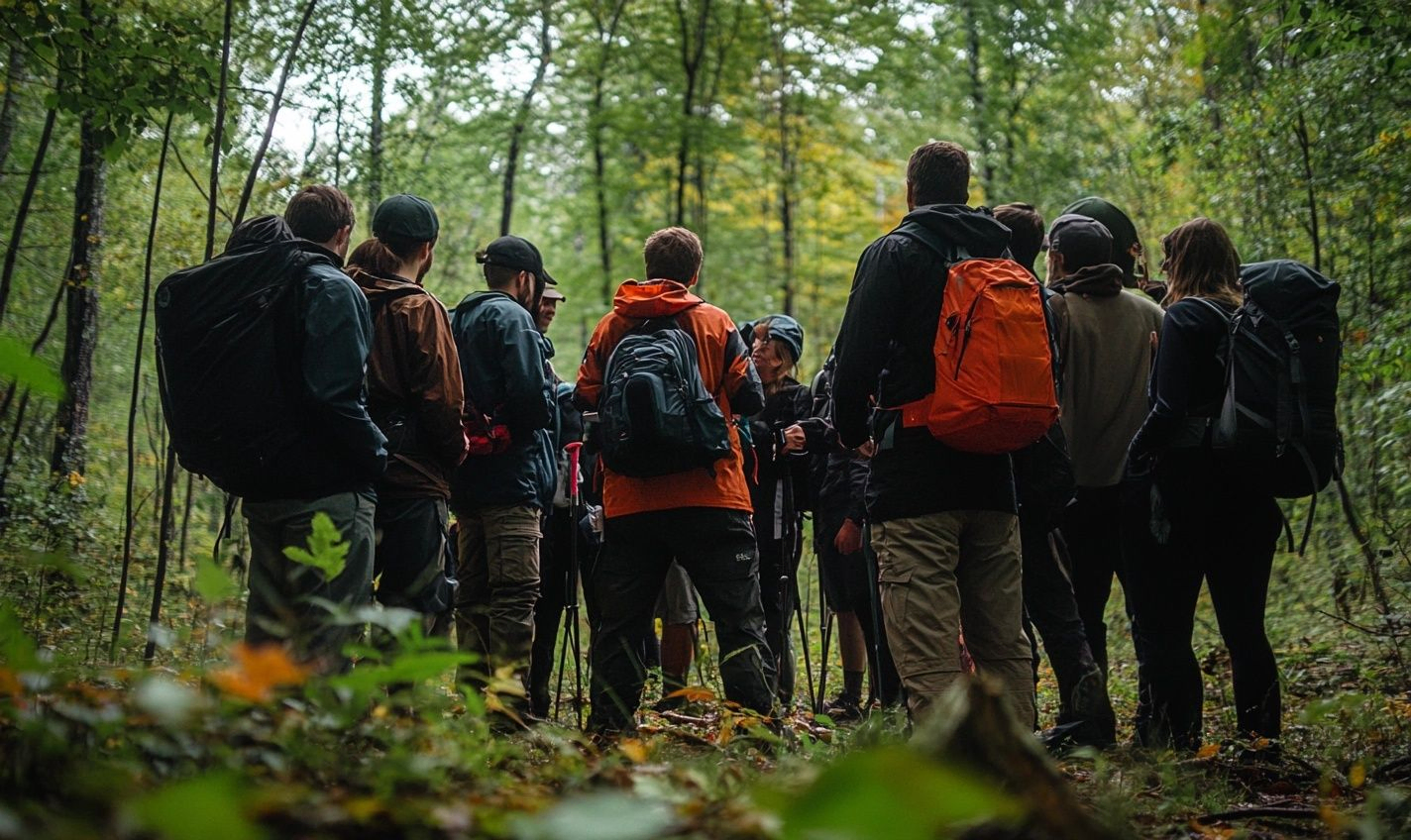
Understanding Group Dynamics when Camping
Embarking on a camping trip with a group of friends or family can be an exhilarating experience. However, to ensure a smooth and enjoyable adventure, it’s essential to understand group dynamics and how they can impact overall group safety and camping cooperation.
Establishing Roles and Responsibilities within the Group
When embarking on a camping excursion, it’s vital to establish clear roles and responsibilities for each group member. This ensures that tasks are distributed evenly and everyone contributes to the trip’s success.
Effective Communication Strategies for Group Safety
Communication is vital to group safety. Encouraging open and honest communication among group members can help address any concerns or potential risks, fostering a sense of trust and collaboration.
Respecting Individual Needs and Preferences
Each member of the group brings unique needs and preferences to the table. By respecting and accommodating these differences, you create a supportive and inclusive camping environment that caters to everyone’s well-being.
- Listen actively to each group member’s input.
- Respect personal boundaries and preferences.
- Offer support and assistance when needed.
Handling Conflicts and Challenges in a Group Setting
Conflicts are bound to arise in any group setting. It is essential to address these challenges promptly and constructively and find solutions that benefit the group.
- Encourage open dialogue and discussion.
- Acknowledge differing viewpoints and seek a compromise.
- Remain respectful and considerate of others’ feelings.
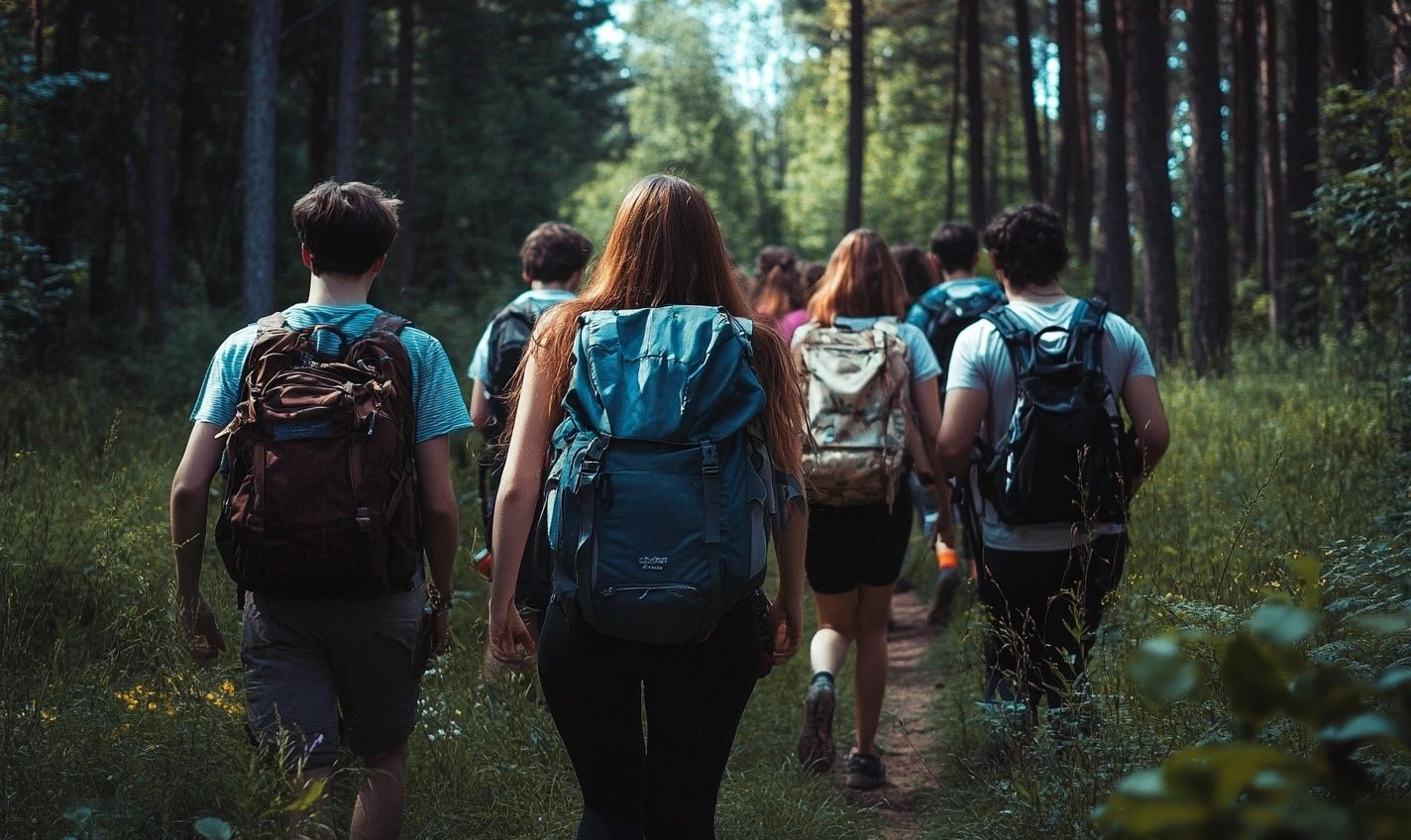
Establishing Roles and Responsibilities within the Group
When embarking on a camping trip with a group, it’s essential to understand each member’s role and responsibilities clearly. Like a well-oiled machine, every part must work harmoniously to ensure a smooth and safe journey. Let’s dive into how you can create a cooperative and organized group dynamic for your next outdoor adventure.
Clarity in Roles
Assigning specific roles to each group member can prevent confusion and overlapping responsibilities. Whether it’s designating someone as the navigator, the cook, the first-aid provider, or the gear manager, clarity in roles ensures that each task is handled efficiently.
Open Communication Channels
Communication is vital in any group setting, especially during a camping trip where safety is paramount. Encourage open dialogue among members to voice concerns, share ideas, and address issues. Establishing a culture of transparency can foster trust and strengthen group cohesion.
Support and Collaboration
Camping cooperation relies on support and collaboration, like a team working towards a common goal. Each member brings valuable skills and knowledge to the table. Embrace diversity within the group and leverage everyone’s strengths to enhance the overall camping experience.
Flexibility and Adaptability
While roles and responsibilities are essential, flexibility and adaptability are equally important. Unexpected circumstances can arise in a dynamic outdoor environment. Encourage group members to be versatile and willing to step in where needed to ensure the safety and well-being of the whole group.
By establishing clear roles and responsibilities, fostering open communication, promoting support and collaboration, and embracing flexibility, you can create a cohesive and effective group dynamic for your camping trip. Remember, the journey’s success depends on the collective efforts of each member working together towards a shared goal.
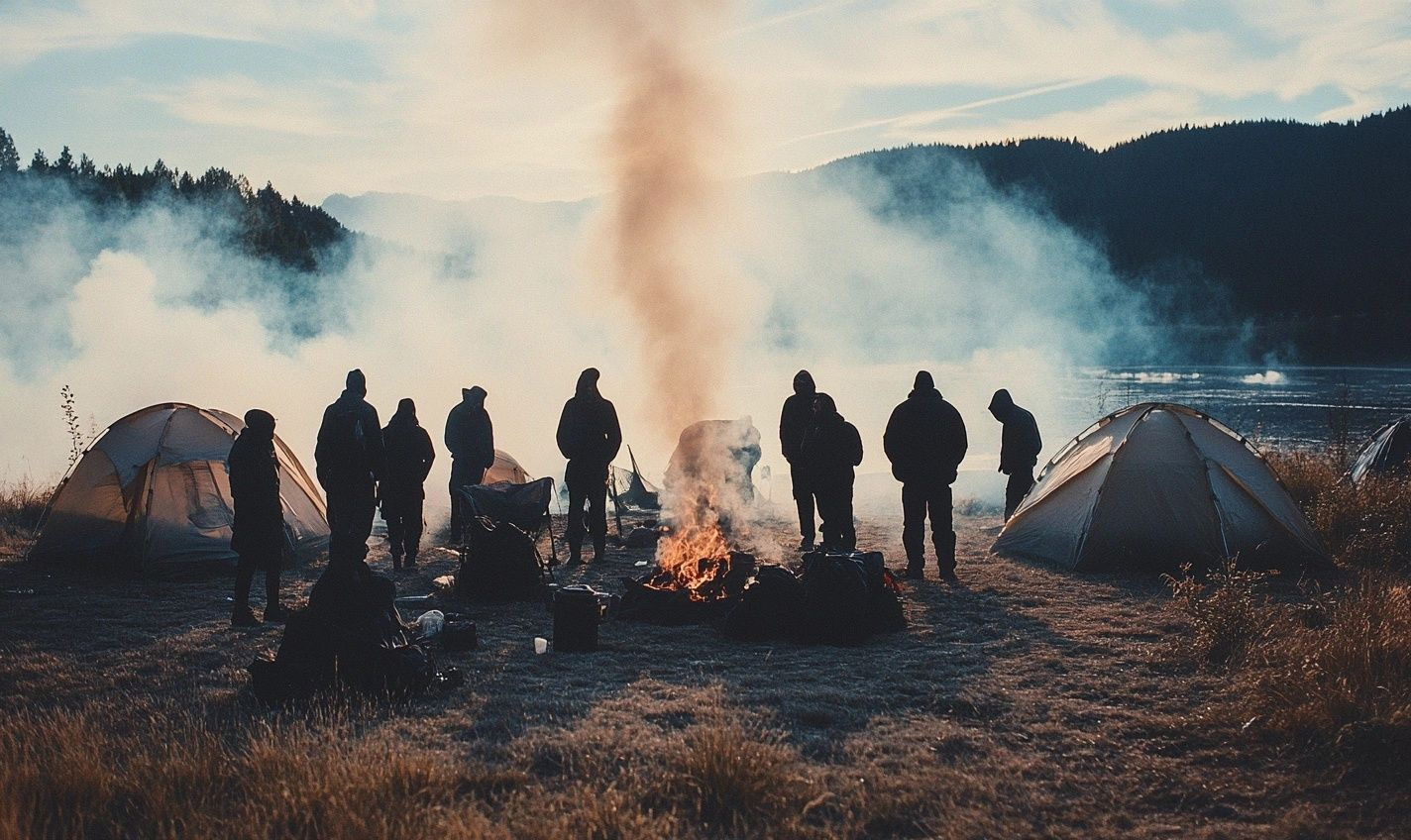
Effective Communication Strategies for Group Safety
Effective communication is critical to ensuring everyone’s safety and well-being when embarking on a camping trip with a group. Whether you’re a seasoned outdoor enthusiast or a newbie to the camping scene, fostering strong communication within the group dynamics can make or break the experience.
Understanding Group Dynamics when Camping
Each individual brings unique skills, preferences, and expectations to the camping trip. Camping cooperation is about acknowledging these differences while working towards a common goal of enjoying the outdoors safely and harmoniously. Group safety depends on how well everyone can communicate and collaborate.
Establishing Roles and Responsibilities within the Group
Assigning tasks based on each member’s strengths can create a sense of group dynamics and efficient teamwork. This ensures that essential tasks are completed and encourages everyone to contribute to the overall well-being of the group.
Respecting Individual Needs and Preferences
Each person has comfort zones and boundaries. The group can accommodate everyone’s requirements by openly discussing preferences and needs, creating a more inclusive and enjoyable camping experience.
Remember, communication doesn’t just involve talking—it’s also about active listening and empathy. You can build a strong foundation for cooperation and safety during outdoor adventures by practicing good communication strategies.
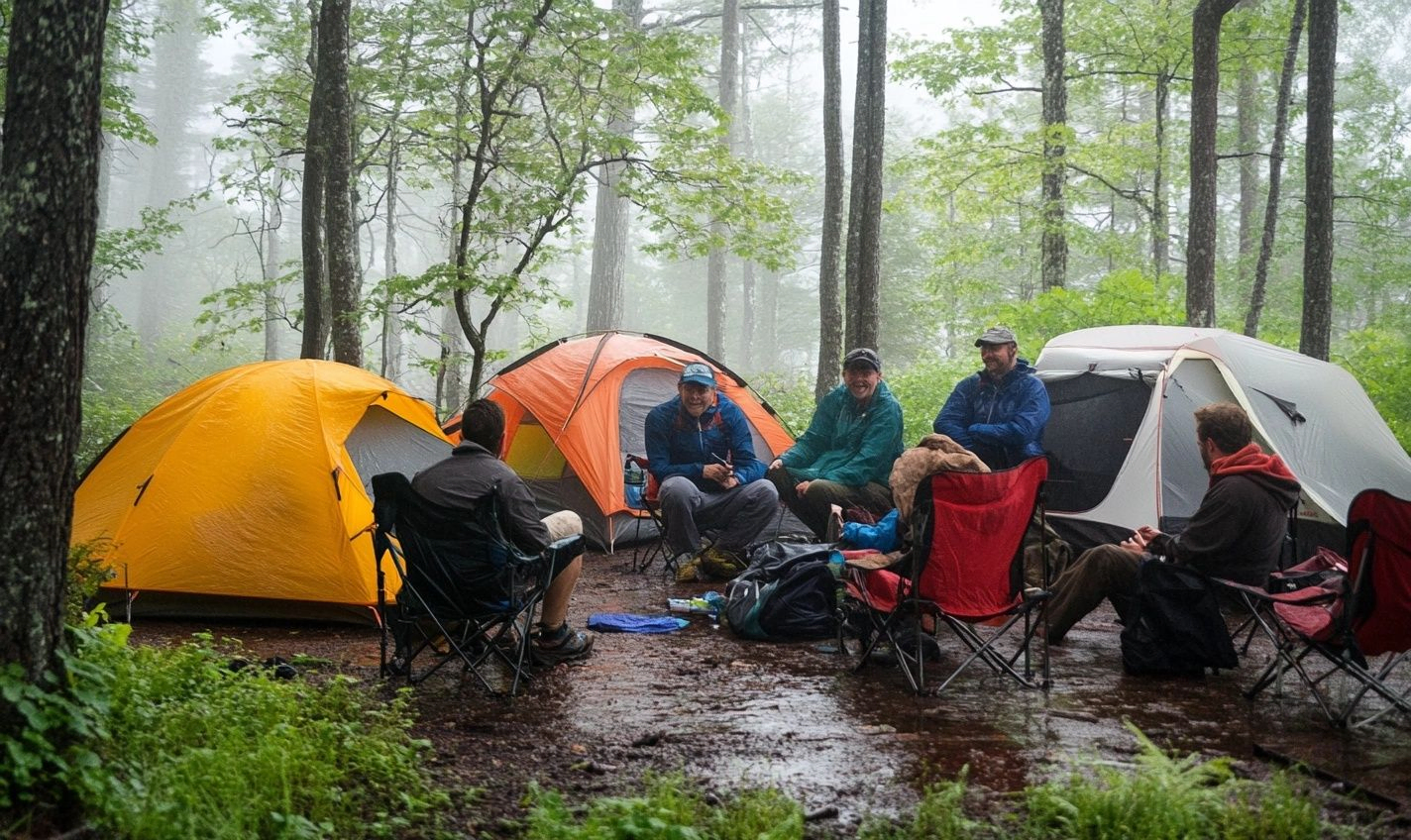
Respecting Individual Needs and Preferences
When embarking on a camping trip with a group, it’s essential to recognize that each individual has unique needs and preferences. Acknowledging and accommodating these differences can foster a harmonious and enjoyable experience for everyone involved.
Embracing Diversity
Just as a diverse ecosystem thrives with various species coexisting and supporting each other, a camping group benefits from the richness of individual differences. Respecting and embracing these diversities can create a more vibrant and inclusive camping environment.
Empathy and Understanding
Putting yourself in others’ shoes can go a long way in promoting camping cooperation and group dynamics. By listening and showing empathy towards others’ preferences, you can build trust and camaraderie within the group.
- Listen actively to others’ needs and preferences.
- Be open-minded and willing to compromise.
- Respect personal boundaries and space.
Open Communication
Encouraging open communication within the group can help identify any conflicts or challenges early on. By sharing and addressing individual needs openly, the group can work together to find solutions that accommodate everyone.
- Express your concerns respectfully.
- Provide feedback constructively.
- Seek compromise and common ground.
Remember, camping group safety is a collective responsibility. By acknowledging and respecting individual needs and preferences, you contribute to a positive camping experience for all.
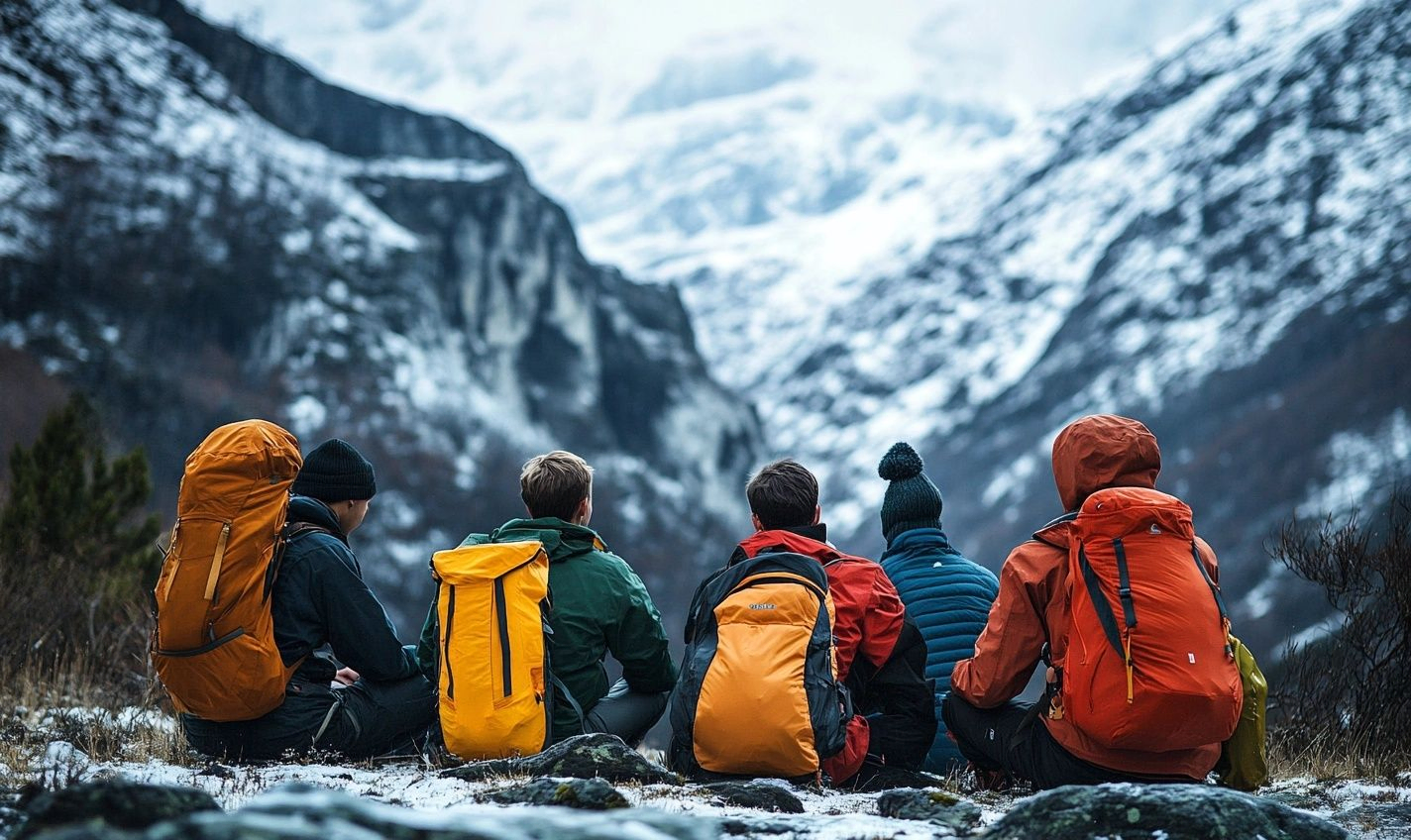
Handling Conflicts and Challenges in a Group Setting
When it comes to camping cooperation, conflicts and challenges are inevitable. Group dynamics can shift, tensions can rise, and misunderstandings can occur. How do we navigate these rough waters? Explore some practical strategies to maintain group safety and harmony during your camping trip.
Open Communication Channels
Effective communication is critical to resolving conflicts. Encourage open and honest conversations within your group. Remember, group safety relies on clear and transparent dialogue.
Practice Active Listening
Ensure that every member feels heard and understood. Reflect on what others are saying before responding. Misunderstandings often arise from miscommunication. By actively listening, you can nip conflicts in the bud.
Seek Compromise and Collaboration
Remember, camping cooperation is a two-way street. Encourage compromise and collaboration when differences arise. Emphasize the importance of finding common ground and working towards a solution together.
- Stay calm and composed during disagreements.
- Acknowledge and validate everyone’s feelings.
- Focus on finding resolutions rather than placing blame.
Take Time for Self-Reflection
Understanding group dynamics also involves self-awareness. Take moments to reflect on your reactions and behaviors. Are you contributing positively to the group’s dynamics or fueling the fire?
Embrace Flexibility and Adaptability
While conflicts are challenging, they also present growth opportunities. Embrace the chance to learn more about your group members and how to navigate group dynamics effectively. Remember, cohesion often strengthens after overcoming obstacles together.
- Approach conflicts with a mindset of growth and learning.
- Adapt to changing circumstances and be willing to compromise.
- View challenges as opportunities to deepen bonds within the group.
As the campfire crackles and the stars twinkle above, remember that challenges are stepping stones toward a stronger and more unified group. Fostering understanding, communication, and empathy can pave the way for a memorable and harmonious camping experience. So, gear up, face those challenges head-on, and create lasting memories rooted in camping cooperation.
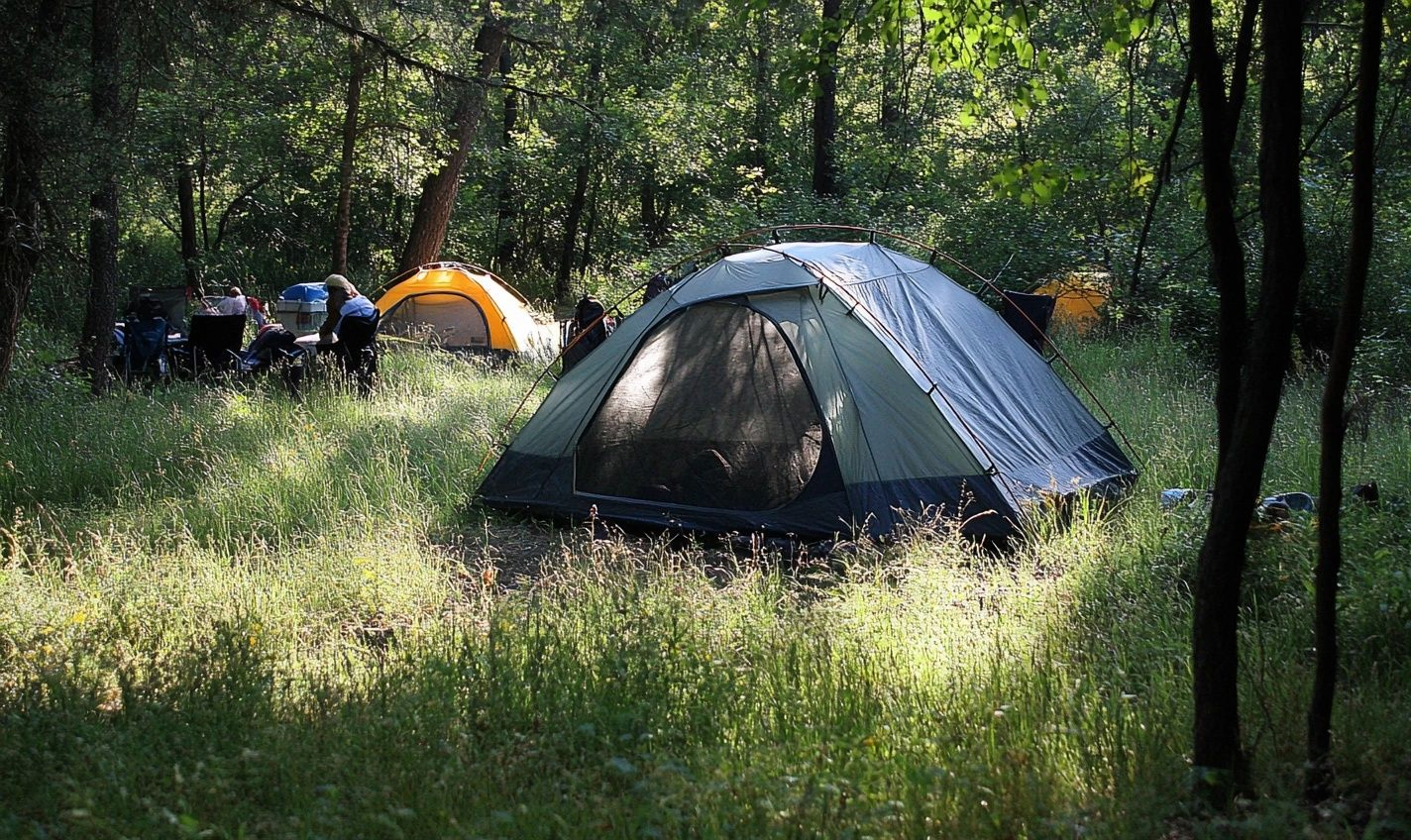
Creating a Safe and Inclusive Camping Environment
Group dynamics are crucial in ensuring a smooth and enjoyable outdoor experience when embarking on a camping trip with a group of individuals. Camping cooperation and group safety are paramount, requiring everyone to work together seamlessly. Here are some essential camping trip tips to foster a safe and inclusive camping environment:
Understanding Group Dynamics when Camping
Recognize that each member brings unique strengths and skills to the group. Embrace diversity and encourage collaboration.
Establishing Roles and Responsibilities within the Group
- Assign tasks based on individuals’ strengths.
- Rotate responsibilities to promote a sense of equality among group members.
Effective Communication Strategies for Group Safety
- Establish clear communication channels and protocols.
- Encourage open dialogue and active listening within the group.
Respecting Individual Needs and Preferences
Consider everyone’s preferences when planning activities and meals. Embrace flexibility to accommodate varying needs.
Handling Conflicts and Challenges in a Group Setting
Address conflicts calmly and constructively. Encourage compromise and seek resolutions that benefit the entire group.
Setting Clear Expectations for Behavior and Cooperation
- Define behavioral guidelines and expectations upfront.
- Encourage a culture of mutual respect and support among group members.
Implementing Safety Protocols and Emergency Procedures
Prioritize safety by familiarizing the group with emergency procedures and relevant safety protocols. Ensure everyone is well-informed and prepared.
Building Trust and Camaraderie among Group Members
Engaging in team-building activities and promoting a supportive environment can foster a sense of trust and camaraderie. Emphasize the importance of unity in achieving common goals.
Practicing Sustainability and Leave No Trace Principles as a Group
Embrace environmental stewardship by adhering to Leave No Trace principles. Educate the group on responsible camping practices and encourage a commitment to sustainability.
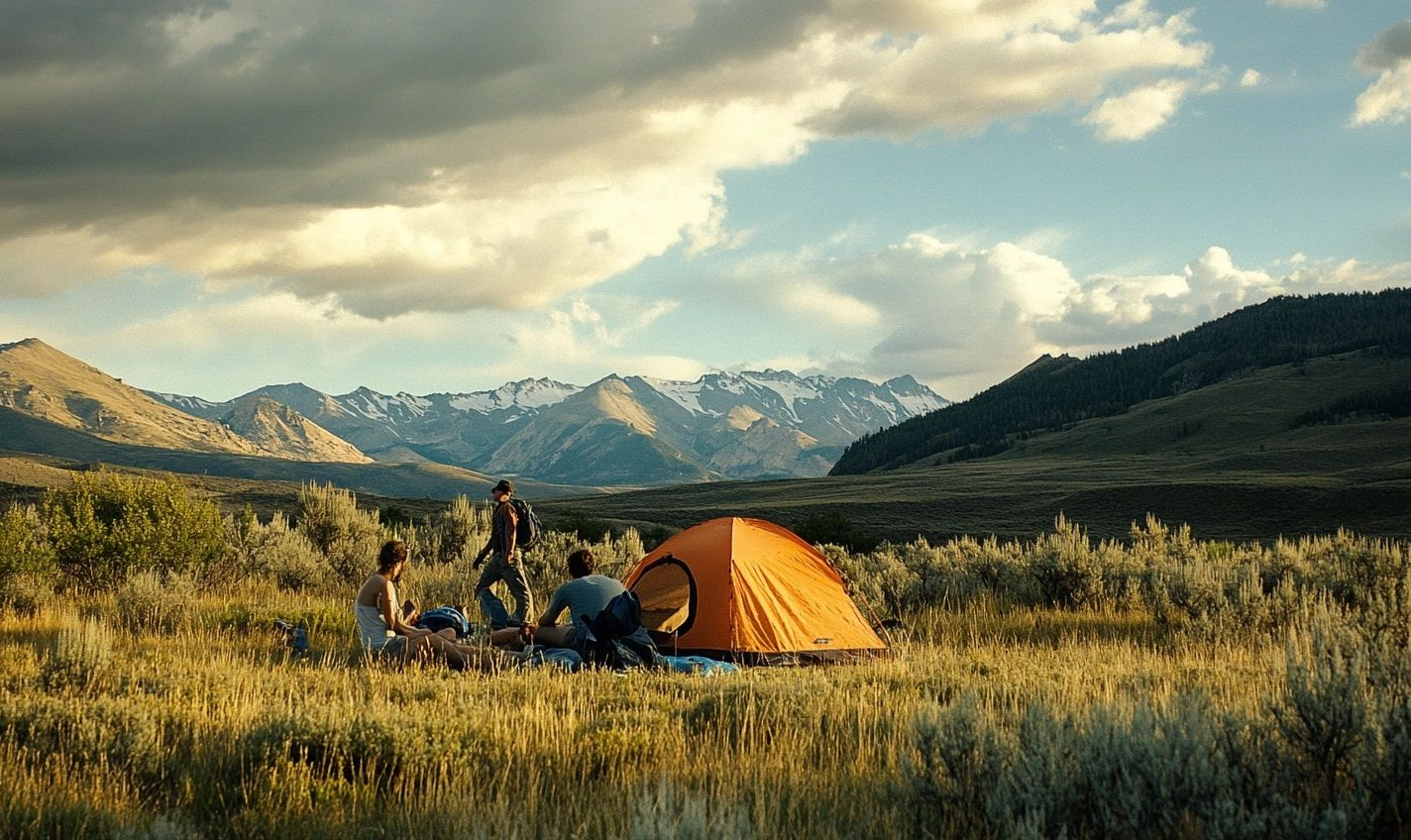
Setting Clear Expectations for Behavior and Cooperation
Group dynamics are crucial in ensuring a successful and safe adventure when embarking on a camping trip with a group. Here’s how to foster camping cooperation and prioritize group safety by setting clear expectations for behavior and cooperation:
Establishing a Code of Conduct:
Creating a code of conduct can help everyone understand the expected behavior while camping. This can include rules about respecting personal space, sharing responsibilities, and resolving conflicts peacefully.
Communicating Expectations Clearly:
Ensure all group members know the camping plan, safety protocols, and individual roles. Transparency and open communication are crucial to avoiding misunderstandings.
Encouraging Teamwork and Collaboration:
Highlight the importance of teamwork and collaboration during the camping trip. Remind everyone that each individual’s contribution is valuable and necessary for the group’s overall success.
Setting clear expectations for behavior and cooperation promotes a harmonious camping experience, builds trust, and strengthens group dynamics. By defining guidelines and fostering a sense of camping cooperation, you create a safe and inclusive environment where everyone can fully enjoy the adventure.
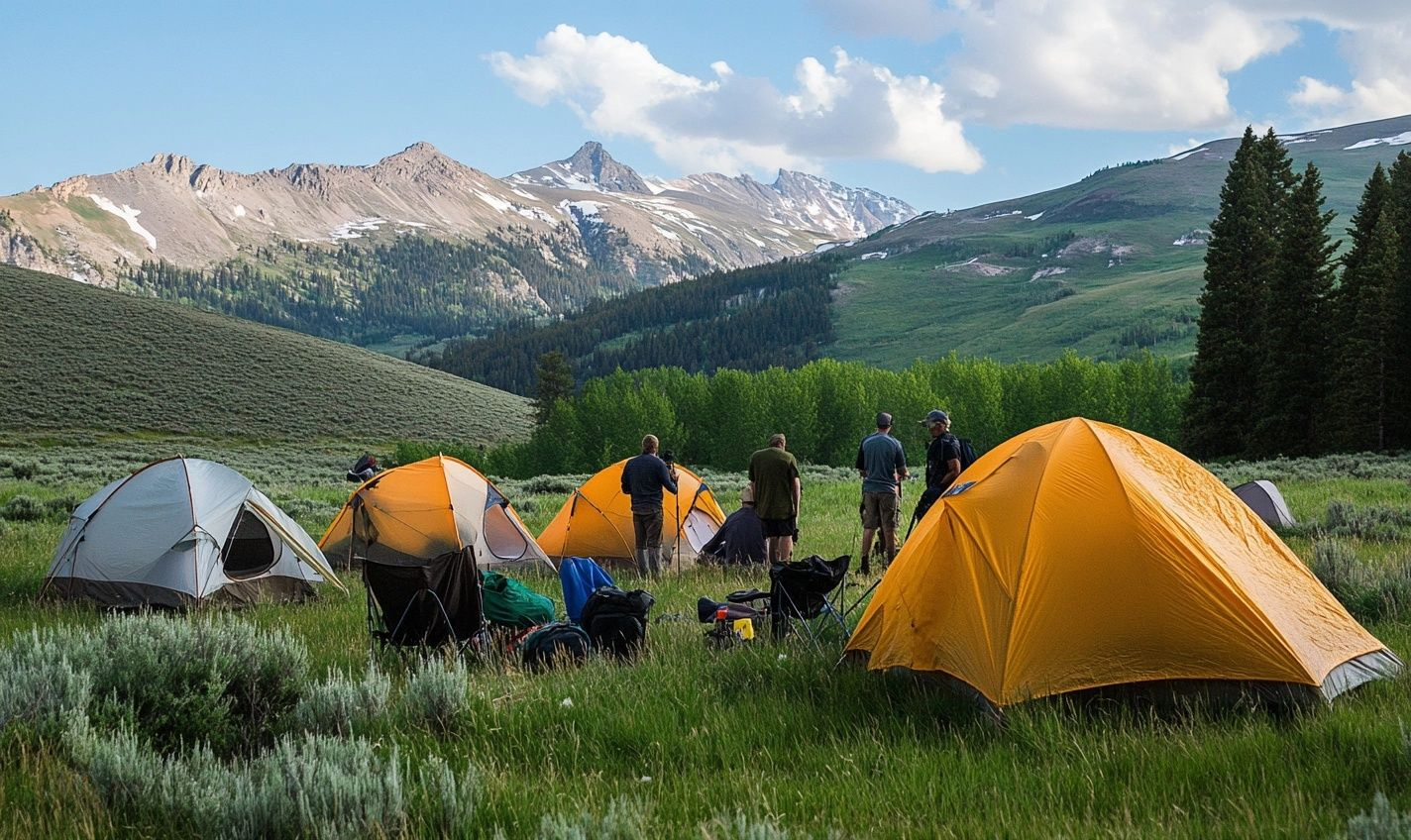
Implementing Safety Protocols and Emergency Procedures
Keeping everyone safe during a camping trip is crucial, and having group safety in mind is paramount. When you are out in nature, miles away from civilization, it’s vital to have a plan to handle unforeseen situations. Here are some essential camping trip tips to ensure the safety of your group:
Establish Clear Emergency Procedures:
Ensure everyone in the group knows what to do in an emergency. Create a detailed plan outlining steps to take in various scenarios, such as getting lost, encountering wild animals, or medical emergencies.
Carry a Well-Stocked First Aid Kit:
Always have a first aid kit handy with essentials like bandaids, antiseptic wipes, tweezers, and pain relievers. Ensure that at least one group member is trained in basic first aid.
Discuss Communication Protocols:
Establish a communication system within the group, whether walkie-talkies, whistles, or designated meeting points. Clear communication is crucial in ensuring everyone’s safety.
Practice Fire Safety:
When setting up a campfire, follow proper safety protocols. Keep a bucket of water nearby, never leave the fire unattended, and ensure it is fully extinguished before sleeping or leaving the campsite.
Plan for Worst-Case Scenarios:
Discuss what to do if someone gets injured, is separated from the group, or encounters severe weather conditions. Having a plan beforehand can prevent panic and ensure a swift response.
Remember, group dynamics are significant in camping cooperation and group safety. By working together, communicating effectively, and being prepared, you can ensure a safe and enjoyable outdoor experience for everyone.
Building Trust and Camaraderie among Group Members
The heart of every successful camping trip lies in the foundation of trust and camaraderie among group members. Like the chords of a harmonious melody, building solid relationships within your camping group can elevate the overall experience. Let’s delve into how you can foster this crucial aspect of group dynamics for a memorable and safe camping adventure.
Embracing Vulnerability and Openness
When we lower our barriers, magic happens. Share fears, accomplishments, and dreams by the fire. Vulnerability strengthens connections.
Encouraging Collaboration and Support
Two heads are better than one. Whether setting tents or making meals, teamwork saves time and deepens bonds.
Being Mindful of Group Dynamics
Each individual brings a unique flavor. Recognizing and appreciating diverse traits enriches the collective experience.
When conflicts arise, face them head-on. Healthy communication and conflict resolution are vital for maintaining group harmony.
Just like a campfire needs constant tending, relationships require nurturing. Regular check-ins and heartfelt conversations can prevent misunderstandings.
Divide tasks but share responsibilities. A shared load lightens the burden on all and promotes equality within the group.
Building Lasting Memories Through Shared Experiences
Laughter echoes through the trees. Cherish the moments of joy, for they become the threads weaving lifelong memories.
Support, listen, and lift each other. In the dance of group dynamics, each member plays a vital role in creating a safe and inclusive space.
United we stand, divided we fall. When faced with challenges, a cohesive group can weather any storm that nature throws.
In conclusion, by nurturing trust, fostering collaboration, and embracing each member’s unique strengths, you can prepare for a camping trip filled with shared laughter, meaningful connections, and lasting friendships. So, grab your gear, gather your tribe, and embark on an adventure where the true beauty lies in the bonds you form.
Practicing Sustainability and Leave No Trace Principles as a Group
When venturing into the great outdoors with a group, upholding group dynamics that foster camping cooperation and ensure group safety is essential. Apart from prioritizing the well-being of everyone in the group, it’s equally important to practice sustainability and Leave No Trace principles to minimize our environmental impact.
Working Together Towards Sustainability:
Embarking on a camping trip offers a unique opportunity to educate and inspire others about sustainable practices. By collectively embracing eco-friendly habits, we can make a significant difference in preserving the natural beauty of our surroundings for future generations.
- Reduce, Reuse, Recycle: Encourage group members to minimize waste by recycling materials, reusing items whenever possible, and reducing single-use plastics.
- Mindful Camping: Emphasize the importance of leaving campsites cleaner than we found them by adequately disposing of trash and minimizing disruptions to wildlife habitats.
- Energy Conservation: Choose energy-efficient practices, such as using rechargeable batteries and solar-powered gadgets and limiting unnecessary electricity consumption during the trip.
Leave No Trace, Leave No Trace:
Adhering to the Leave No Trace principles ensures that our presence in nature leaves minimal impact and preserves the environment’s integrity. As a group, we can collectively commit to following these essential guidelines:
- Plan Ahead: Prepare adequately to minimize any alterations to the natural environment during our stay.
- Dispose of Waste Properly: Pack out all trash and litter, including food scraps, to maintain the cleanliness of the campsite.
- Respect Wildlife: Observe animals from a distance, avoid feeding them, and keep our presence from disrupting their natural behaviors.
- Leave What You Find: Do not pick plants, remove rocks, or alter the landscape to preserve the area’s natural beauty.
By integrating these sustainability practices and Leave No Trace principles into our camping adventures, we promote a sense of responsibility and stewardship towards the environment, foster a deeper connection with nature, and enhance the overall camping experience for everyone in the group.
Conclusion
They ensure group safety while camping, crucial to a successful and enjoyable trip. By understanding group dynamics and fostering camping cooperation, individuals can work together to mitigate risks and handle any challenges that may arise.
Implementing basic camping skills and following navigation and safety protocols can significantly improve the group’s overall well-being. Communication, teamwork, and trust are crucial elements that must be cultivated throughout the camping trip to enhance group safety.
Remember, everyone plays a role in maintaining group safety during a camping excursion. By being well-prepared, staying vigilant, and looking out for one another, campers can create a safe and secure environment for all group members.
By following these camping trip tips and prioritizing group safety, campers can focus on creating lasting memories and building strong bonds with their fellow adventurers. So, gear up, embrace the spirit of collaboration, and enjoy the great outdoors with peace of mind, knowing everyone is looking out for each other.
Frequently Asked Questions (FAQs)
What are some fundamental group dynamics to remember when camping with a group?
Effective communication, respecting individual preferences, and fostering teamwork are crucial for positive group dynamics during a camping trip.
How can camping cooperation enhance the overall experience for the group?
Collaboration in setting up and organizing the camp, sharing responsibilities, and supporting each other can create a harmonious and enjoyable camping trip for everyone involved.
What measures should be taken to ensure group safety during a camping excursion?
Establishing and discussing safety protocols, assigning roles within the group for emergencies, and having a first aid kit readily available is essential for group safety in camping.
What are some camping trip tips for maintaining personal and group safety in the wilderness?
Staying informed about weather conditions, carrying appropriate gear, practicing Leave No Trace principles, and staying together are essential strategies for ensuring safety during a camping trip.
How can individuals contribute to the overall safety of the group during a camping adventure?
Awareness of and following safety guidelines, communicating openly with group members, and promptly reporting any concerns or hazards can help maintain a secure environment for the entire group.




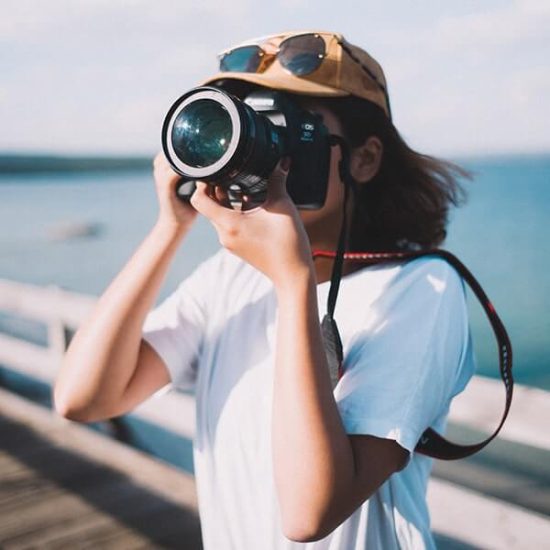
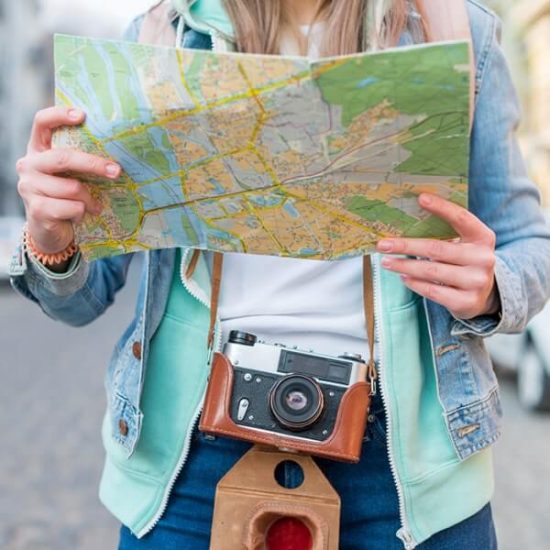
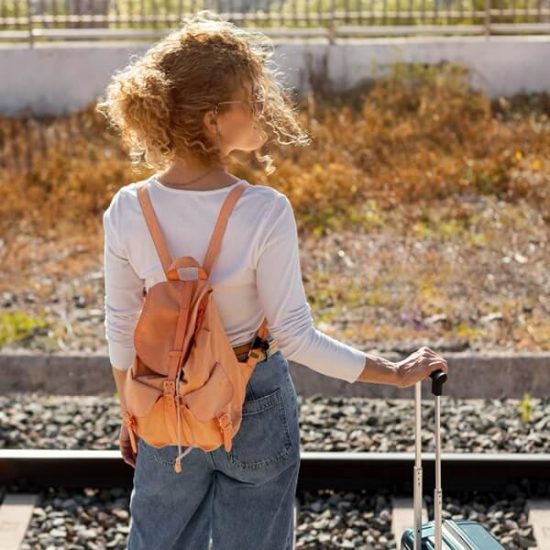
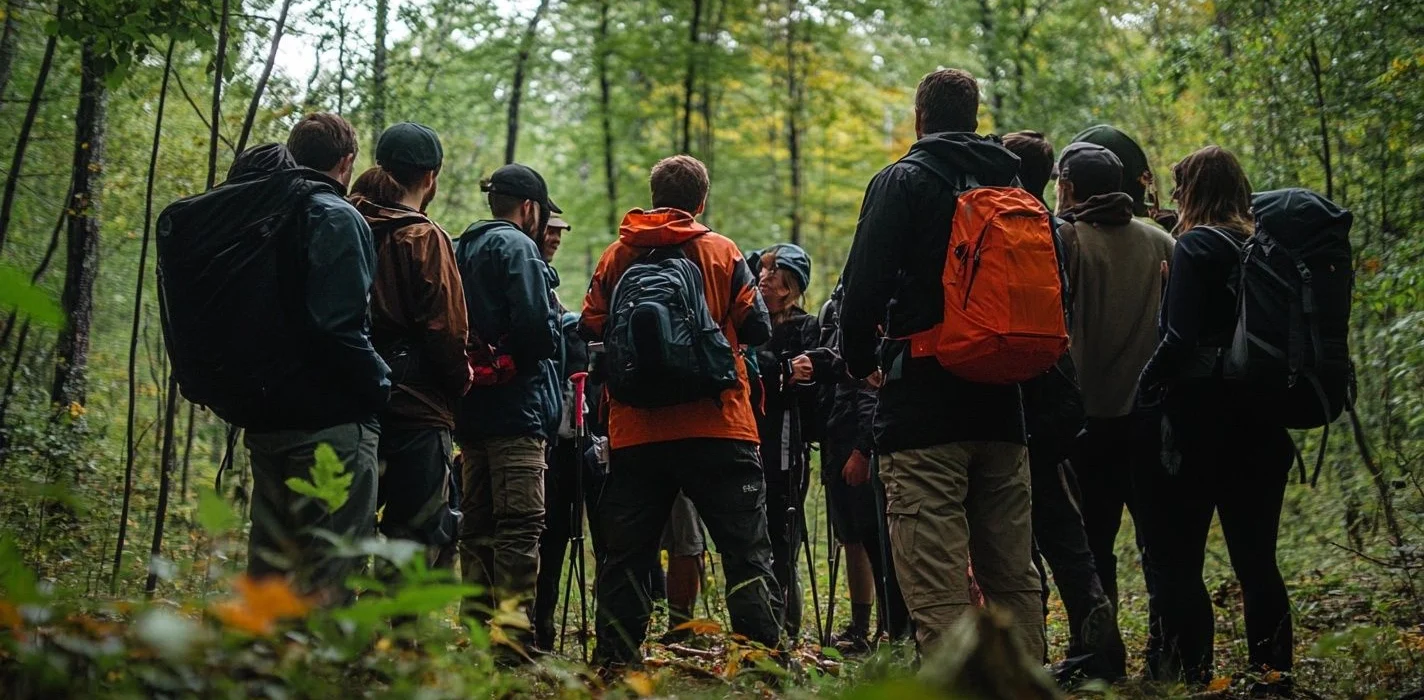
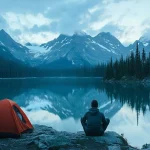
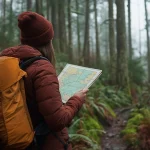
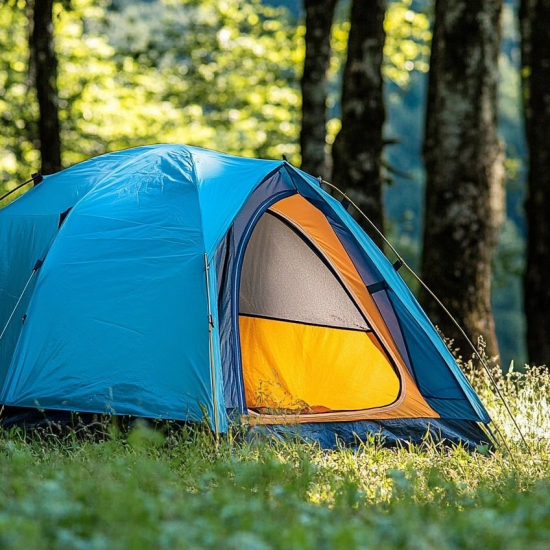
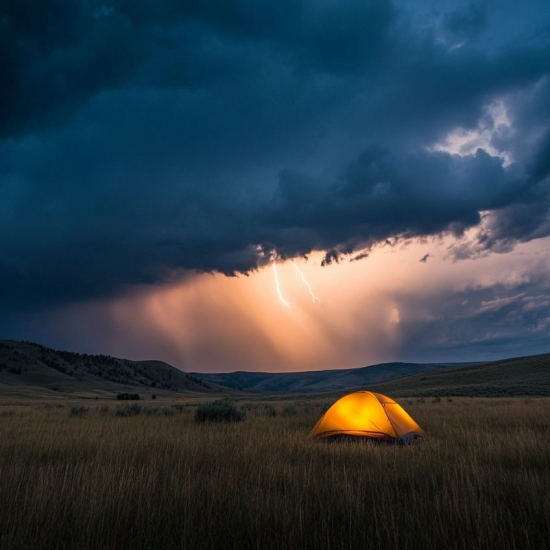
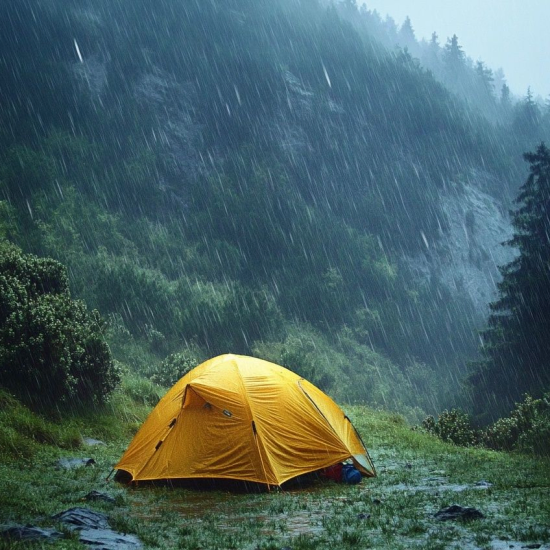
No Comment! Be the first one.